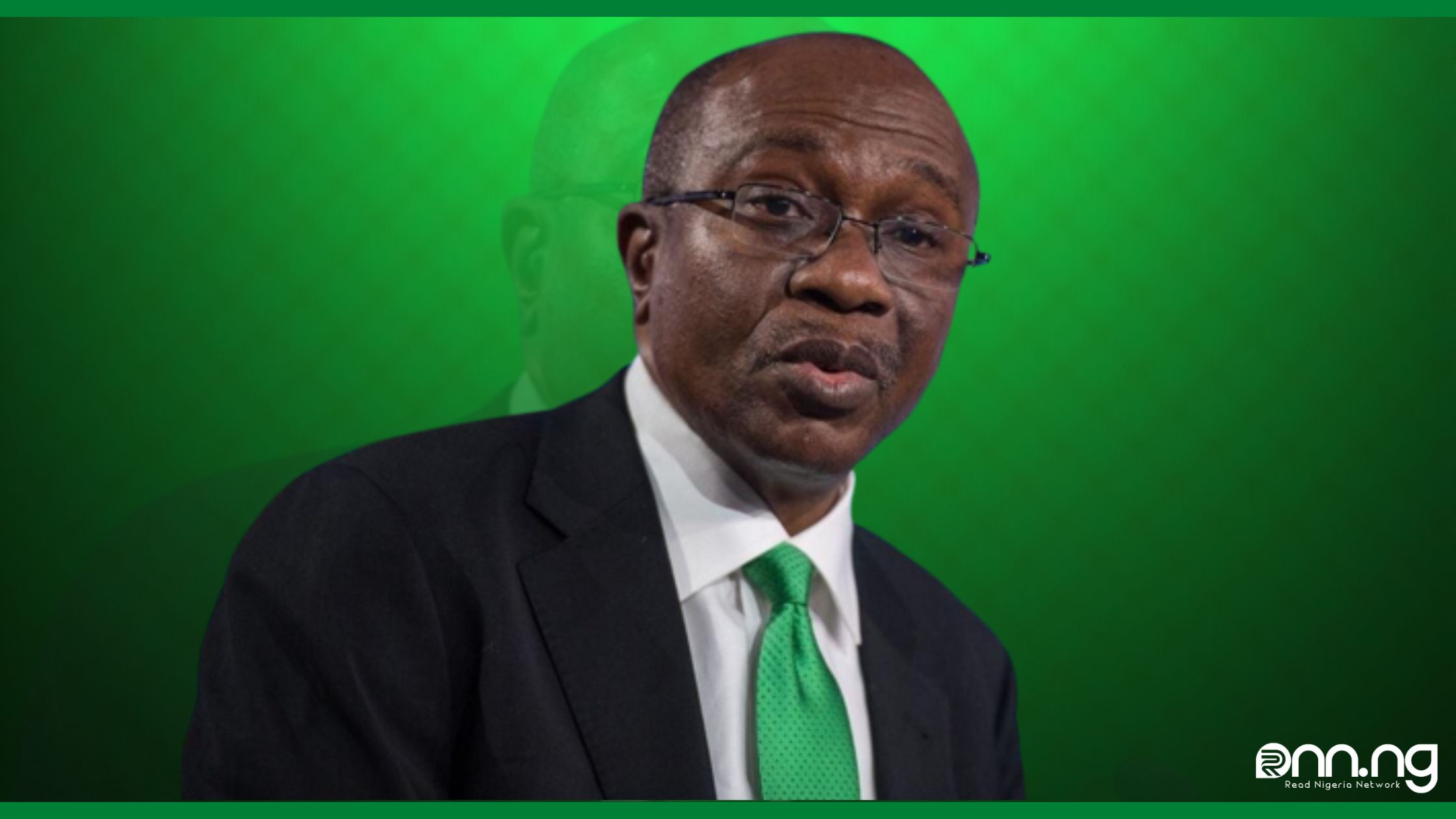Business News
Nigeria treasury bills rate jumps to 14.84%
The rate on one-year Treasury Bills issued by the Central Bank of Nigeria increased from 12% in September 2022 to 14.84% in November.

- Nigeria treasury bills rate jumps to 14.84%
- Effect of Monetary Policy Rate hike
- Why is the interest rate rising?
The rate on one-year Treasury Bills issued by the Central Bank of Nigeria increased from 12% in September 2022 to 14.84% in November. The increase happened after the central bank decided to increase the benchmark interest rate to 16.65%, the highest level since 2001.
The CBN initially planned to raise N139.89 billion for the one-year treasury, but recorded a total subscription of N345.23 billion, which represents an oversubscription of N205 billion, according to the auction result seen by RNN. However, the apex bank only distributed treasury bills worth N199.93 billion in total.
Effect of Monetary Policy Rate hike
Remember that the CBN increased the monetary policy rate to its highest level in twenty years during the 288th MPC meeting, raising it for the fourth consecutive meeting.
On November 22, 2022, the CBN specifically increased the MPR by 150 basis points to 16.5%, which immediately caused a rise in one-year treasury bills.
To combat Nigeria’s inflation rate, which soared to a 17-year high of 21.09% in October 2022, the country is taking a hawkish posture.
Though the treasury bill rate did significantly improve, it is important to note that this resulted in a negative yield of 6.25%.
READ MORE: BREAKING: Nigeria’s inflation rate hits 21.09% in October 2022
Treasury bills with a 91-day maturity and a 6.5% stop rate garnered N11.968 billion in total subscriptions. N32.27 billion was offered, however only 11.67 billion was actually distributed.
Additionally, the 182-day treasury showed a total subscription of N3.04 billion vs the N41.25 billion offer amount. This translates to an 8% subscription rate, while the stop rate was at 8.05%.
Why is the interest rate rising?
Since the CBN adopted a more hawkish posture on monetary policy, interest rates on fixed-income instruments have risen along with participation in long-term debt instruments.
By issuing its November 2022 FGB Savings bonds at marginal rates of 14.75%, 15.2%, and 16.2% for the three tranches of issuances, the Debt Management Office (DMO) raised a total of N269.15 billion, or 152.9% of its target amount.
The benchmark interest rate was again raised by the CBN monetary policy committee to encourage Nigerians to save and invest in local currency rather than foreign cash.
A growing yield on treasury bills is intended to aid in capturing private sector liquidity and transferring it to the central bank’s coffers. The following is intended to follow from this;
Reduce the demand for foreign exchange in the hopes that consumers will choose to invest in high-interest, low-risk government securities instead of purchasing foreign exchange. Chase fewer products with less naira in the hopes that inflation will be reduced. Give the government a source of funding for its immediate financial requirements.
